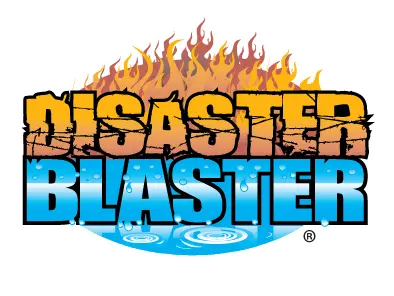
You may have heard of Radon, but do you know what it is? More importantly, do you know if you have a Radon issue in YOUR home?
With awareness of Radon increasing, many homeowners are testing their homes to determine if they have a Radon issue and if installation of a Radon Mitigation System is necessary to keep their families safe. But when should you test? Do you only have to test once, or do you have to test periodically? Where in your home should the test be performed? Here’s what you need to know!
What is Radon?
Radon is a colorless, odorless, and tasteless radioactive gas that occurs naturally in the soil beneath your home, and can accumulate inside your house. The second leading cause of lung cancer in the United States (after only cigarettes), high levels of Radon could be in your home without you ever knowing. This is why Radon testing is so important.
When should you test for Radon?
Since you can’t see, taste, or smell Radon gas, the only way to know if you have a Radon issue in your home is through specialized Radon testing. Here are some common events where Radon testing would be recommended:
When you are buying a house: Radon testing during the home buying process is very common. Most home inspectors are able to perform Radon testing as part of your home inspection, allowing you to get a detailed report of issues that may exist in the home.
When you complete a remodel: Construction and remodeling can change the dynamics, airflow, and potential for Radon to enter or accumulate inside your home. Additionally, a remodel that converts a garage or basement into livable space, now increases the likelihood that you or your family will spend more time in this area. As a result, any time your basement, garage, or first floor is remodeled, or an addition is completed, Radon testing should be performed.
If you haven’t tested for Radon before: If you’ve never tested for Radon, or don’t know if you have a Radon issue in your home, Radon testing is recommended to determine if an issue exists that needs to be corrected.
Seasonally: Radon levels can fluctuate seasonally throughout the year, so it’s recommended to test over different seasons when possible. For instance, Radon levels in the winter, when the ground is frozen and Radon gas more easily enters your home, may be significantly higher than it is during the summer.
Every 2 years: Because Radon levels can change over time, it’s recommended by the Environmental Protection Agency (EPA) to test your home every two years. This includes homes that already have a Radon Mitigation System installed, as adjustments may be necessary to the system to maintain a low Radon level.
Where should the test be performed?
Because Radon gas enters your home through its foundation, lower levels should have a higher concentration of Radon gas. For this reason, it’s recommended to test for Radon on the lowest level of your home that is a living space, or that could reasonably be converted to living space. This will give you the best indication of the Radon level in your home during the test duration, but it’s important to keep in mind that seasonal changes do occur, and additional testing should be conducted during other seasons of the year (particularly during the winter months).
When should a Radon Mitigation System be installed?
If your Radon test comes back at 4.0 pCi/L or higher, a Radon Mitigation System is recommended to be installed at the property. A Radon Mitigation System can be installed by a Licensed Radon Mitigation Firm and will vent the Radon gas out of your home. This prevents the Radon gas from accumulating inside your home where it can be a health hazard.
Choosing your Radon Mitigation Contractor
Radon Mitigation Systems must meet various code and efficiency standards in their design and installation. As a result, many states require Radon Mitigation Contractors to be licensed to perform this work. Disaster Blaster offices are proud to meet licensing or qualification requirements to provide Radon Mitigation Services in the states they service. Our experts are happy to assist homeowners with your Radon Mitigation needs.
Should you ever have a need for our services at your home, please do not hesitate to contact your local Disaster Blaster!
Interested in older news stories? Please see our News Archive.

